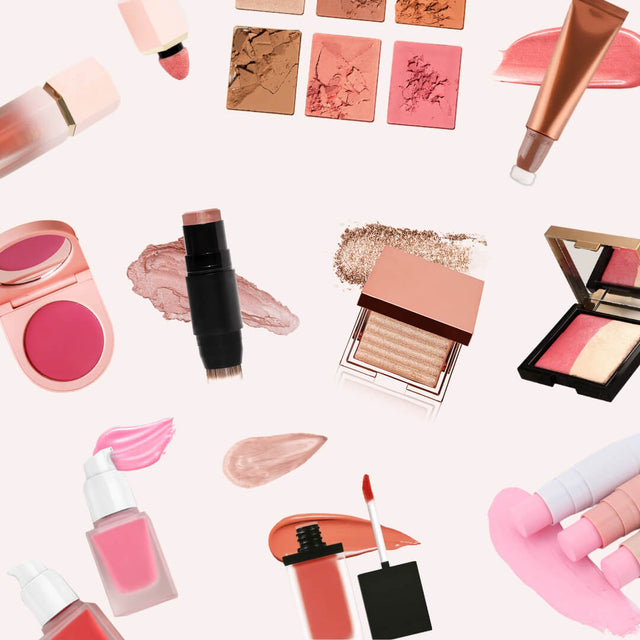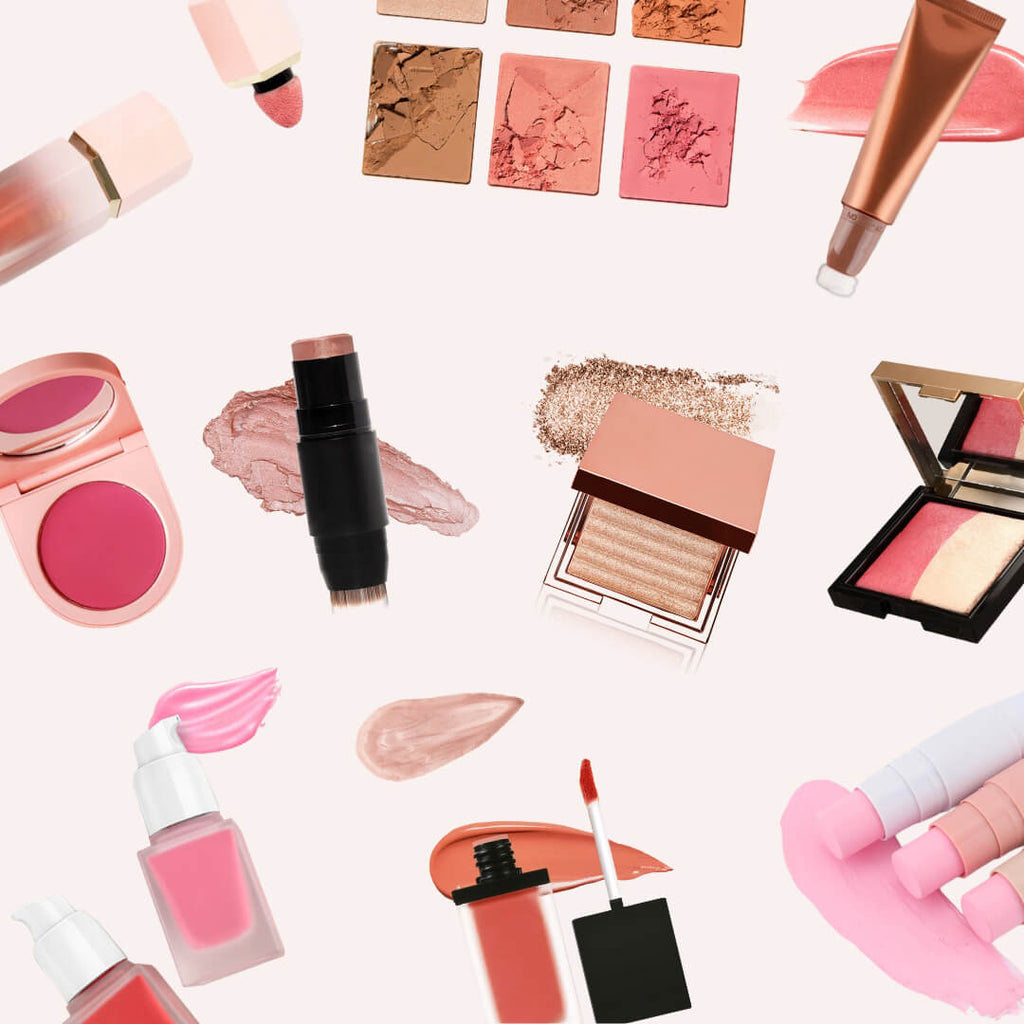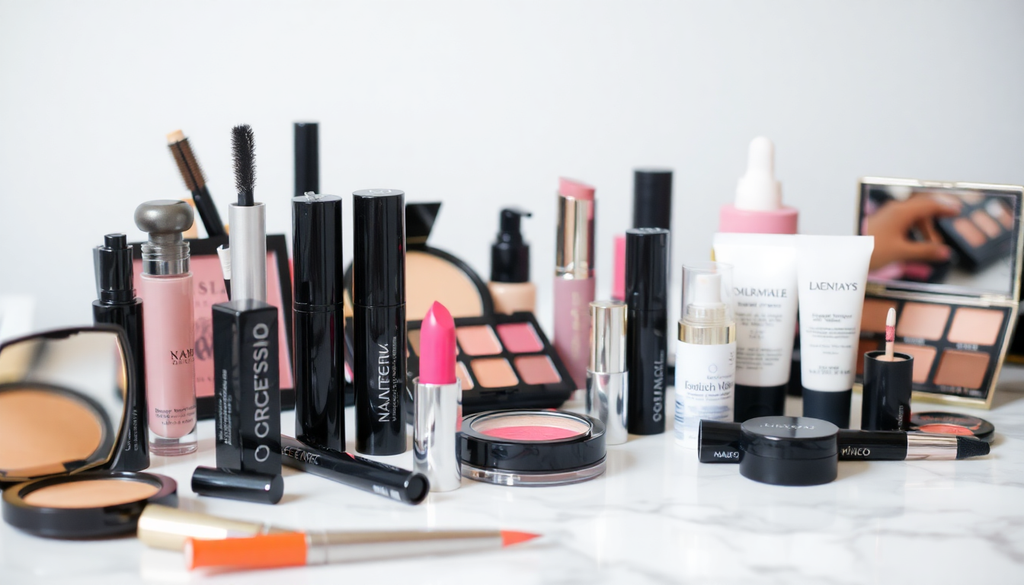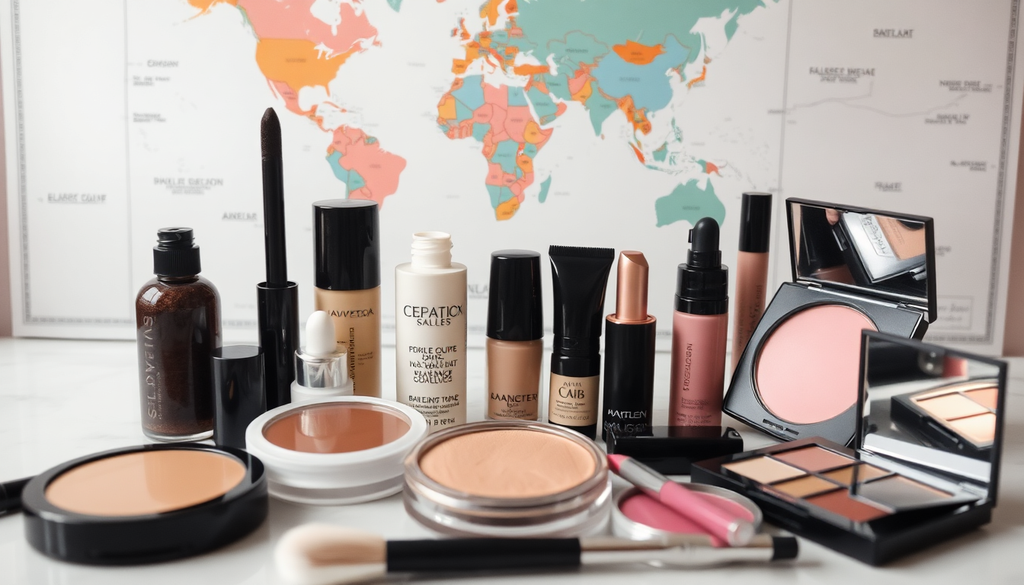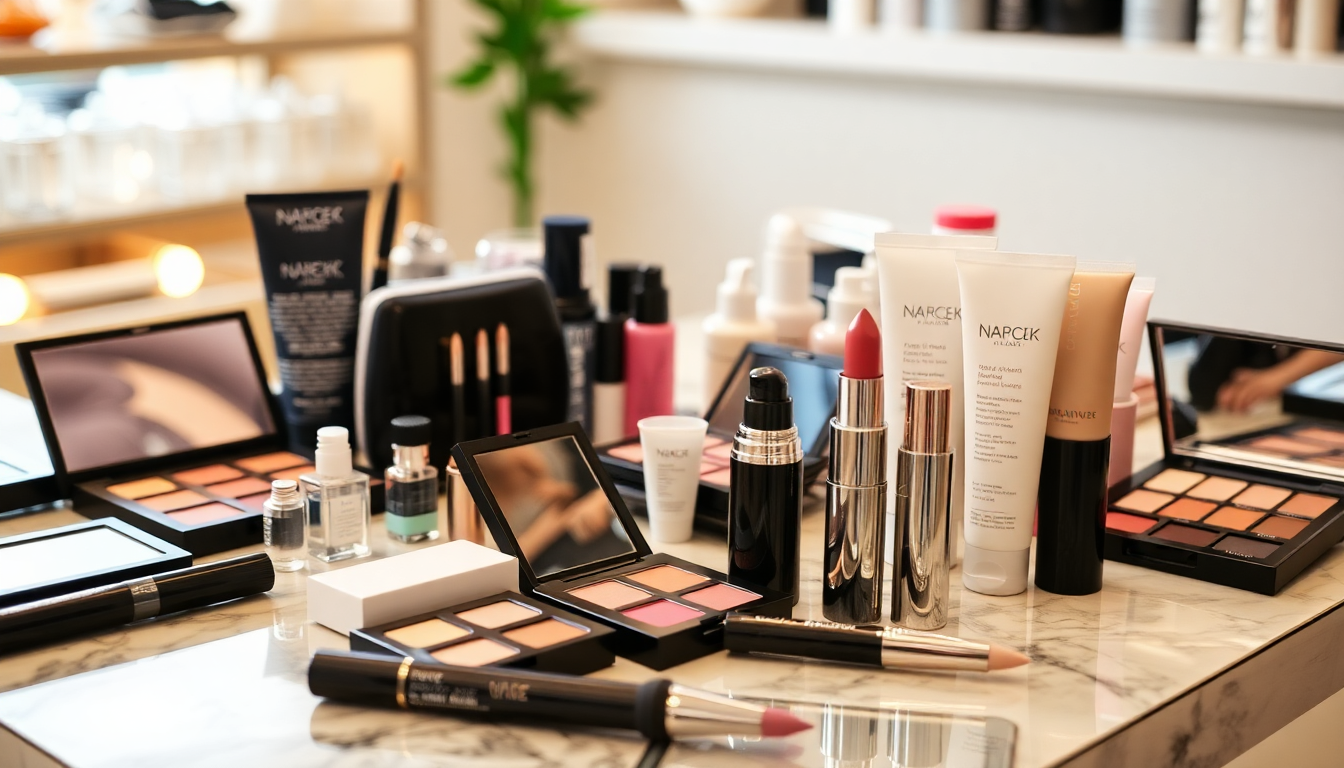
Launching Your Makeup Brand in 2025: Essential Insights on Private Label Cosmetics, Import Policies, and Market Trends Across Major Global Markets
Introduction
Launching a makeup brand in 2025 presents an exciting opportunity for entrepreneurs looking to enter the thriving beauty industry. With trends continuously evolving and new technologies emerging, understanding private label cosmetics, import policies, and market trends across various global markets is crucial. This comprehensive guide will provide essential insights to help you navigate this dynamic landscape and set your makeup brand up for success.
Understanding Private Label Cosmetics
Private label cosmetics allow you to create a unique brand without the need for extensive manufacturing capabilities. Here are some key points to consider:
- Choosing the Right Manufacturer: Select a reputable manufacturer that specializes in private label cosmetics. Look for those that comply with quality standards and can cater to your brand's vision. Conduct thorough research and request samples to evaluate their product quality.
- Customization Options: Many manufacturers offer customization in terms of formulas, packaging, and branding. Ensure that your products stand out in a saturated market. Focus on unique selling propositions (USPs) such as organic ingredients, vegan formulations, or innovative packaging solutions.
- Quality Control: Implement stringent quality control measures to ensure your products meet safety and regulatory requirements. This includes testing for allergens, stability, and performance to build trust with your customers.
- Brand Development: Establish a strong brand identity that resonates with your target audience. This includes defining your brand's mission, values, and aesthetic. Create a compelling brand story that connects emotionally with consumers.
Import Policies: Navigating Global Regulations
Each country has its own import regulations for cosmetics, which can significantly affect your business. Here’s a brief overview of key markets:
United States
- Compliance with the FDA regulations is mandatory. Ensure that your labels are accurate and that your products are safe for consumer use. The FDA does not approve cosmetics before they go to market, but they do regulate their safety.
- Consider the necessity of a Certificate of Free Sale if you plan to import your products. This document demonstrates that your products are legally sold in your home country.
- Labeling must include ingredient declarations, net weight, and any necessary warnings. Familiarize yourself with the FDA guidelines for cosmetic labeling.
European Union
- Cosmetics must comply with the EU Cosmetics Regulation, which emphasizes safety assessments and proper labeling. Any products sold in the EU must undergo a safety assessment by a qualified professional.
- Product safety reports and Good Manufacturing Practice (GMP) certification are essential. You may need to appoint a Responsible Person in the EU to ensure compliance.
- Be prepared for the EU’s REACH (Registration, Evaluation, Authorisation, and Restriction of Chemicals) regulation, which requires registration of chemical substances.
Australia and New Zealand
- Products must be compliant with the Australian Therapeutic Goods Administration (TGA) regulations, particularly if they make therapeutic claims. For non-therapeutic products, general consumer product safety laws apply.
- Labeling should include specific ingredient information and safety warnings. Be aware of the Cosmetic Ingredient Review (CIR) for permissible ingredients.
- Consider any local testing requirements, particularly if your brand markets natural or organic products.
Asian Markets
- In markets like China, registration with the National Medical Products Administration (NMPA) is required, along with animal testing compliance. However, recent trends show that some foreign cosmetics may be exempt from animal testing.
- Japan has its own stringent safety and labeling requirements that must be adhered to, including a pre-market notification system for cosmetics.
- South Korea is rapidly growing as a beauty market; familiarize yourself with the Korean Ministry of Food and Drug Safety (MFDS) regulations, which include testing and certification processes.
Setting Up an Online Store
In the digital age, having a strong online presence is vital for your makeup brand. Here are steps to effectively set up your online store:
- Choose an E-commerce Platform: Consider platforms like Shopify, WooCommerce, or Magento for a seamless shopping experience. Evaluate each platform based on ease of use, scalability, and payment processing capabilities.
- Design and Branding: Invest in a user-friendly design that reflects your brand's identity. High-quality images and engaging product descriptions are key. Use professional photography and focus on creating a cohesive aesthetic across your website.
- Payment and Shipping: Offer multiple payment options and efficient shipping methods to enhance customer satisfaction. Consider integrating international shipping options to reach a broader audience.
- SEO Optimization: Optimize your website for search engines by incorporating relevant keywords, meta descriptions, and alt text for images. Use blogs and content marketing to drive organic traffic.
- Mobile Responsiveness: Ensure that your online store is mobile-friendly, as a significant portion of online shopping is conducted via smartphones.
Marketing Your Makeup Brand
Effective marketing strategies are essential for brand visibility and customer engagement. Here are trending approaches in 2025:
- Influencer Collaborations: Partnering with beauty influencers can significantly amplify your brand's reach. Choose influencers whose values align with your brand and who have a genuine connection with their audience.
- Social Media Advertising: Utilize platforms like Instagram and TikTok for targeted ads that resonate with your audience. Optimize your campaigns based on performance metrics and adjust your strategies accordingly.
- Sustainability Practices: Highlight eco-friendly packaging and cruelty-free products to attract conscious consumers. Transparency about your supply chain and production practices can build trust and loyalty.
- Content Marketing: Develop engaging content, such as tutorials, beauty tips, and behind-the-scenes looks at your brand. Use video content to enhance engagement, as visual storytelling is a powerful tool in the beauty industry.
- Customer Engagement: Foster a community around your brand by engaging with customers through social media, newsletters, and loyalty programs. Encourage user-generated content and customer reviews to build social proof.
Trends to Watch in the Makeup Industry
As you launch your brand, keeping an eye on emerging trends can give you a competitive edge. Here are some key trends to consider:
- Personalization: Consumers are increasingly seeking personalized products tailored to their individual needs and preferences. Consider offering customizable makeup options.
- Augmented Reality (AR): Many brands are incorporating AR technology to allow customers to virtually try on products before purchasing. This can enhance the online shopping experience.
- Clean Beauty: There is a growing demand for products free from harmful chemicals. Focus on formulating clean, safe products that resonate with health-conscious consumers.
- Inclusive Beauty: Diversity and inclusivity are essential in today’s beauty market. Ensure your product range caters to a wide variety of skin tones and types.
- Minimalism: The trend toward minimalism continues, with consumers favoring multi-functional products that simplify their routines.
Conclusion
Launching your makeup brand in 2025 requires a comprehensive understanding of private label cosmetics, import policies, and market trends. By leveraging the insights provided in this article, you can navigate the complexities of the beauty industry and set your brand up for success. Remember, staying ahead of trends, focusing on quality, and building a strong brand identity will be your keys to thriving in this competitive market. With dedication and strategic planning, your makeup brand can flourish and make a lasting impact in the beauty world.

